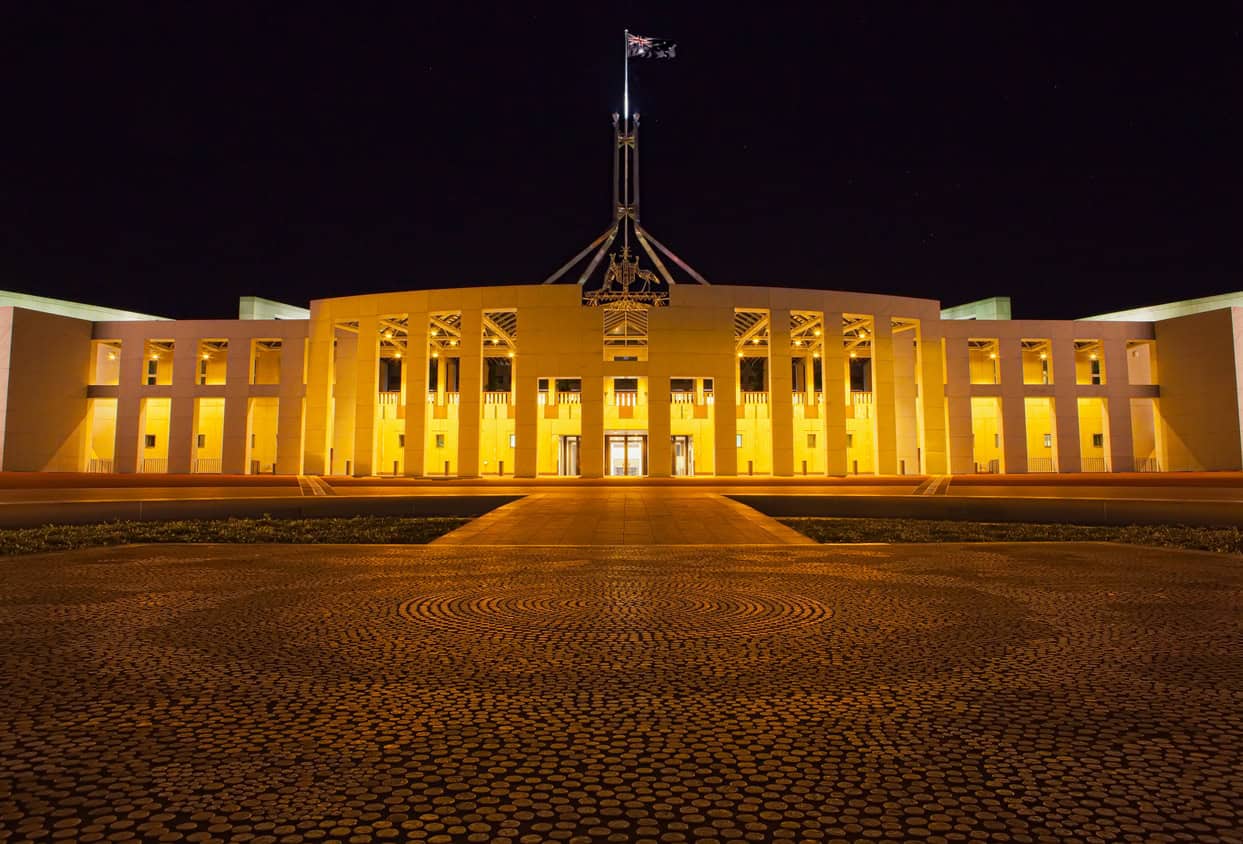In a joint statement, the Regional Universities Network (RUN), Innovative Research Universities (IRU) and Australian Technology Network of Universities (ATN) affirmed their commitment to working collaboratively with government on all sides of politics, and proposed a three-step approach to improve Australia’s international education system.
The statement follows last week’s revelation that the Coalition, along with the Greens and the Independents, are set to vote against the contentious ESOS Amendment Bill – which looks to cap international enrolments among other changes – hampering the government’s chances of passing the Bill, which was widely expected to be passed and implemented by January 1.
With only a few days left in the parliamentary sitting calendar, it is unlikely the Bill’s debate will continue this year.
“Action must be taken now to address the unresolved issues associated with the ESOS Amendment Bill still before Parliament, the government’s proposed approach to international student caps, and inequities in the current student visa processing regime,” the statement from RUN, IRU and ATN read.
Following the Coalition’s announcement, Australia’s education minister Jason Clare made it clear that visa processing directive Ministerial Direction 107 (MD107) is here to stay if the ESOS Amendment Bill does not pass.
“Leaving these issues unresolved until 2025 will not provide certainty – on the contrary, it will further undermine equity and diversification in Australia’s international education system, and unfairly punish some students, institutions and communities,” the universities’ statement read.
Together, member universities across the three networks educate a significant proportion of the country’s international student population. Twenty institutions educated 120,000 international students onshore in 2023 alongside nearly half a million domestic students.
“We support a balanced international education system that places the interests of students at its heart – prioritising quality, sustainability, diversity and equity. A well-regulated and student-centred approach ensures that Australia remains a destination of choice for talented individuals seeking a world-class education in welcoming and inclusive environments.”
In the first of three recommended actions, the networks are urging parliament to consider other aspects of the Bill, outside of the government’s National Planning Levels that has dominated headlines.
“If there is insufficient support for proposed student visa caps, we strongly encourage parliament to consider the remaining components of the ESOS Amendment Bill which focus on enhancing quality and integrity in the system. These measures are critical for protecting students and upholding Australia’s reputation for educational excellence. Parliament should pass as much of the Bill as possible this week.”
Parliament should pass as much of the Bill as possible this week
RUN, IRU & ATN
Secondly, the networks believe that “immediate action” is required to address the current “distorted” system for visa processing.
“We need a fairer system to ensure that no student or institution faces unfair disadvantages. And we need confidence that visas will be processed efficiently to enable students to take up their places. This must happen this week. If we wait any longer, it will be too late for many students hoping to commence study in our universities in 2025.”
The networks are calling for a student visa processing regime that is “appropriately resourced”, as well as one in which the same visa processing outcome will be arrived at for similar students time after time. In addition to this, “institutional equality” should be a priority – whereby visas are processed in the same manner for all public universities.
Lastly, they call for an “open and collaborative” partnership between all universities and government to develop a shared long-term strategy for international education that protects and enhances Australia’s global reputation as a welcoming and high-quality destination. According to the universities, this strategy should include:
- Finalising the Draft Strategic Framework for International Education and Skills: a consultative approach is essential to ensure that the framework aligns with the needs of students, institutions, and the broader Australian community.
- Planning for future student accommodation needs: a proactive, collaborative review of varying student accommodation needs across the country will help address current shortages and ensure future readiness as enrolments grow.
- Reviewing the Simplified Student Visa Framework (SSVF) in 2025: this review should assess the framework’s effectiveness and ensure it remains fit for purpose in supporting the international education system, so that other visa processing directives are not required.
“Our university networks stand ready to work with government, industry, and the wider education sector to realise these objectives,” they continued.
“Together, we can build a resilient and forward-thinking international education system that benefits the majority of students and institutions not a minority; strengthens Australia’s global ties; and delivers lasting benefits for all students, institutions, and communities.”

